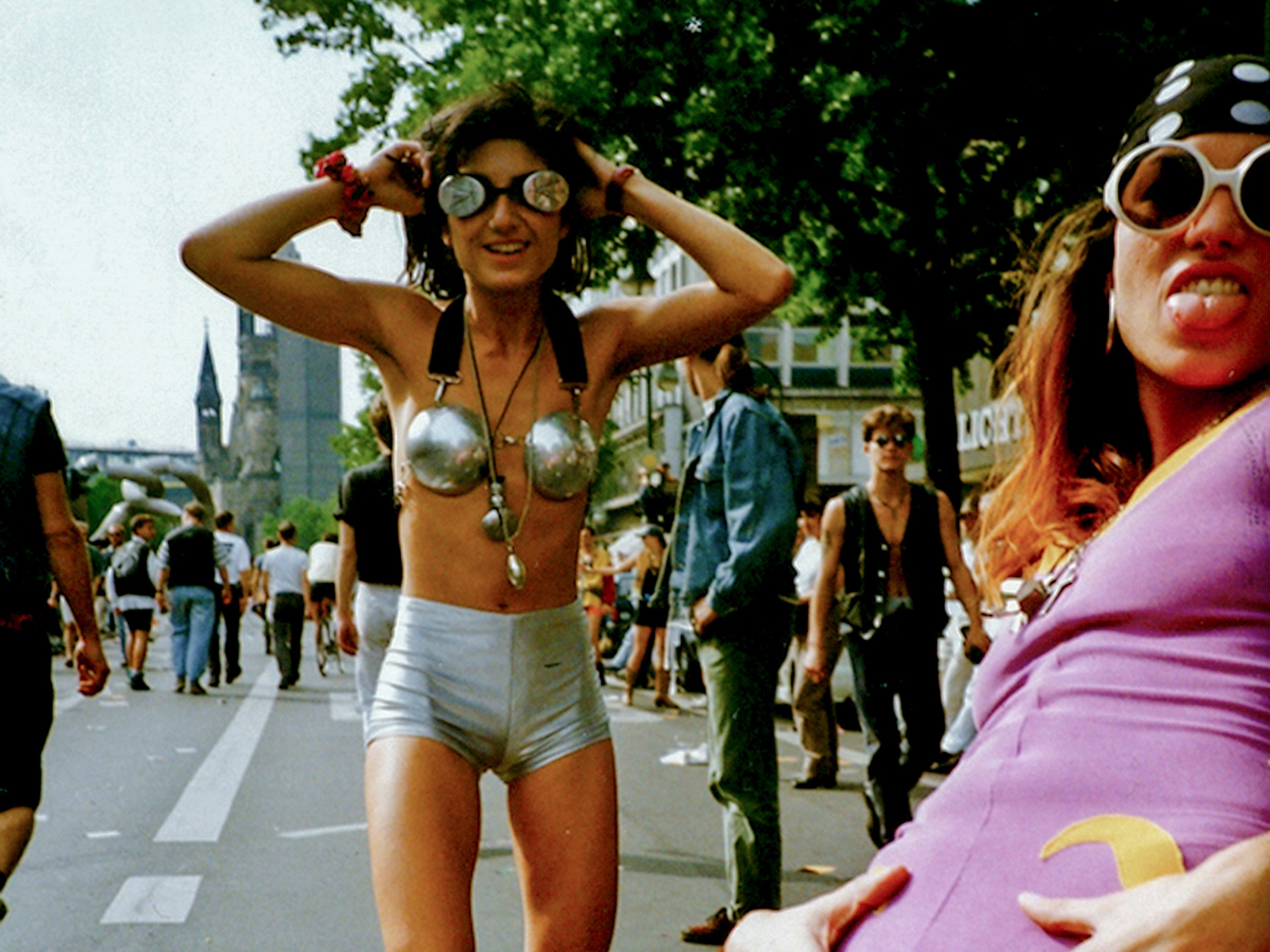Keep on moving: Celebrating six decades of dance spaces
In what would be party season, a new book is celebrating the diversity of clubbing culture… before the dancing stopped

Your support helps us to tell the story
From reproductive rights to climate change to Big Tech, The Independent is on the ground when the story is developing. Whether it's investigating the financials of Elon Musk's pro-Trump PAC or producing our latest documentary, 'The A Word', which shines a light on the American women fighting for reproductive rights, we know how important it is to parse out the facts from the messaging.
At such a critical moment in US history, we need reporters on the ground. Your donation allows us to keep sending journalists to speak to both sides of the story.
The Independent is trusted by Americans across the entire political spectrum. And unlike many other quality news outlets, we choose not to lock Americans out of our reporting and analysis with paywalls. We believe quality journalism should be available to everyone, paid for by those who can afford it.
Your support makes all the difference.A new research project curated by the Goethe-Institut is celebrating the story of club music and culture across 10 urban centres in Africa and Europe from 1960 to pre-pandemic March 2020.
In a bittersweet tribute to communal spaces, Ten Cities looks at the complex networks of a global nexus forged by dance music and clubbing culture. This tribute is even more poignant in light of the Covid-19 pandemic, which has caused worldwide club closures and also caused the dance music industry grind to a halt.
The photographs featured in the book capture the rich subculture and vibrant political life of partygoers in Nairobi, Cairo, Kyiv, Johannesburg, Berlin, Naples, Luanda, Lagos, Bristol and Lisbon. Between 2012 and 2014, the project brought together 50 club music producers, DJs, and musicians from 10 cities which were selected by a local curator in each city to produce new music, giving each region a sonic history. This resulted in a 19-track compilation which was released by Soundway Records in 2014.
Ten Cities aims to demonstrate how cultures create free spaces that can provide the groundwork for future experimentation with attitudes and ways of life, of which can slowly permeate into wider society.
Authors include associate professor of history at the National University of Kyiv, Kateryna Dysa, professor of photography and media at the University of Liverpool, Michelle Henning and Rangoato Hlsanek, founder of Keleketla! Library in Johannesburg.
Images range from underground basement clubs in Lagos to the 200,000-attendee strong Love Parade in Berlin, demonstrating the true diversity of our dearly beloved dance spaces.
‘Ten Cities: Clubbing in Nairobi, Cairo, Kyiv, Johannesburg, Berlin, Naples, Luanda, Lagos, Bristol, Lisbon. 1960 – March 2020’, published by Spector Books, is available here
Join our commenting forum
Join thought-provoking conversations, follow other Independent readers and see their replies
Comments